How dramas use nostalgia
by missvictrix
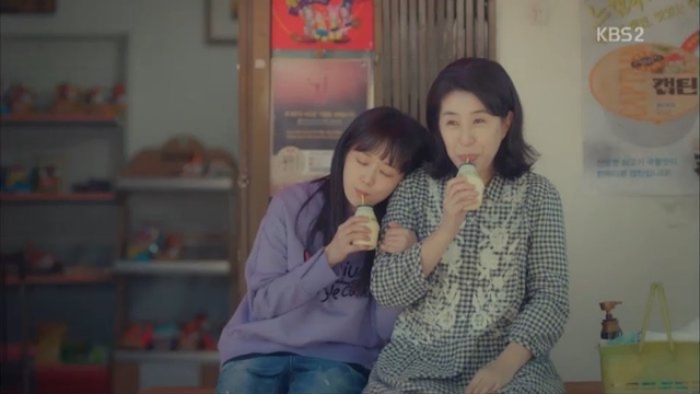
Korean dramas, like all good stories, are designed to take us on a journey. We experience the highs and lows with the story’s characters, and often, we feel their feelings right alongside them. Sometimes it’s the giddiness of falling in love, or sometimes it’s the all-consuming need for revenge. It can be as simple as the search for full-time employment, or it can be as deep and personal as an exploration of grief. No matter the story, it’s designed to make us feel.
Of all the emotions K-dramas can evoke, one of the most powerful is nostalgia. It might be a personal bias, but I often feel like nostalgia gets a bad reputation as a wistful and sentimental emotion that you can only feel when you page through an old photo album. That might be true, but there’s such more more to the concept of nostalgia. And, in the world of dramas, it operates on several different levels.
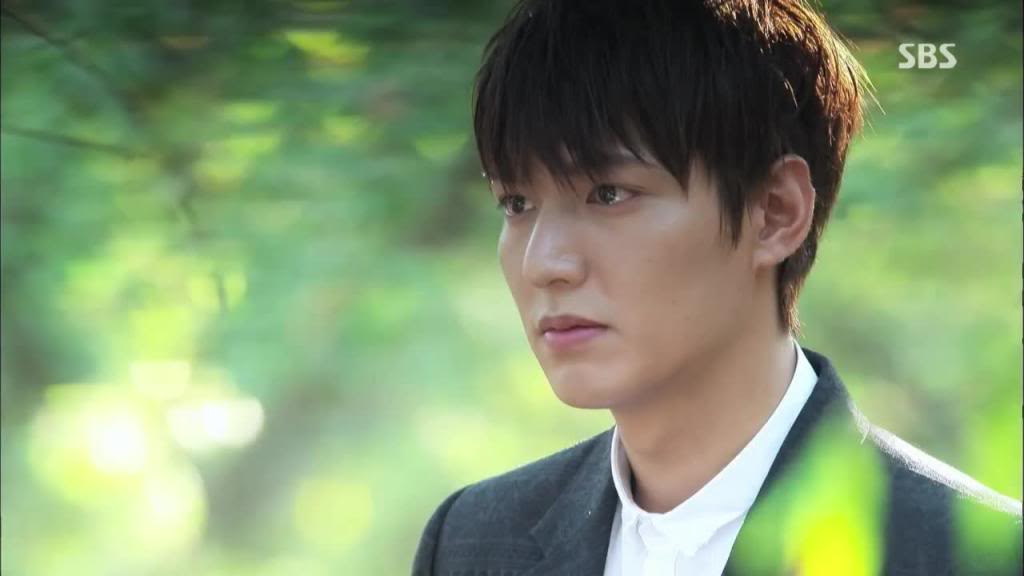
Because it wouldn’t be right if we didn’t start off with some classic Greek literature, let’s look at where the word nostalgia came from. The Greek word nostos describes the epic journey of Odysseus back to his home country and his family in Homer’s The Odyssey. But it’s about more than the journey itself — the emotions behind it are important, too. The yearning for home. The longing to return to where you came from, and where your people are. It makes sense that this is the root of our word “nostalgia.”
While K-dramas tell a wide variety of tales, stories about the longing for home are surprisingly rare. Maybe this is because most dramas are set in Seoul and its environs? (In these dramas, Seoul seems to represent the concept of home on a cultural and geographical level.) But even the dramas that utilize a foreign setting, and juxtapose them with the idea of home, are not often about the ache to return.
More often than not, the protagonists in these dramas find freedom on foreign soil, like Song Hye-gyo in Boyfriend, and Lee Min-ho in Heirs. Rather than the yearning to return home as the basis of the story, the return home for these characters means stepping back into the suffocation of their lives — and there’s no nostos in that. Similarly, many other dramas that feature a hero returning home start the story instead of finish it. Again, this means there is very little nostos around the idea of home or homeland.
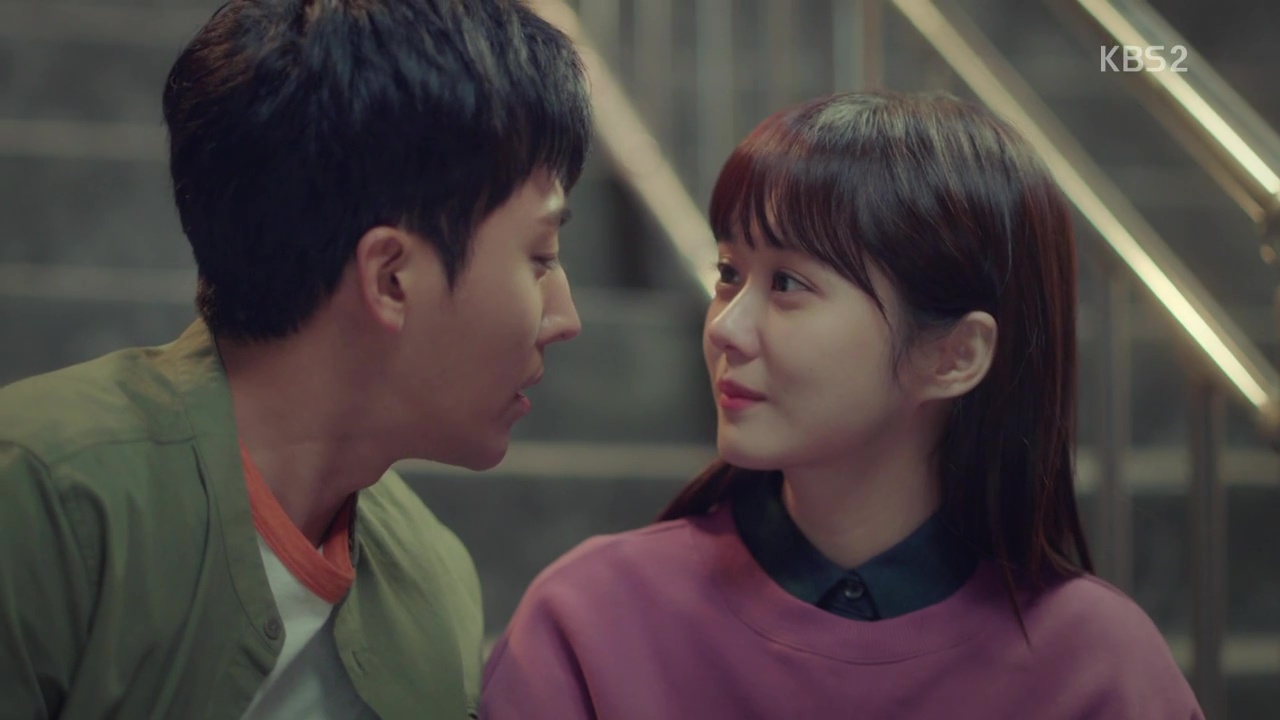
But are there are other ways to think about nostos and nostalgia in dramas without thinking about place or setting or geographical location? Absolutely. I think one of the strongest ways K-dramas employ nostalgia is through stories about family and loved ones. After all, at its root, the yearning for lost loved ones, or for the past you shared, is a very similar emotion to the longing for home. In fact, the word nostos only describes half of the modern word for nostalgia — the other half is algos — the word for pain or ache.
Family and loved ones are often represented as home, and it’s a beautiful metaphor for the “safe haven” feeling that the people we love evoke. In other words, there’s a reason the quintessential K-drama hero is known to give swoony one-liners to woo the heroine like, “You have me,” or “I’m your home.”
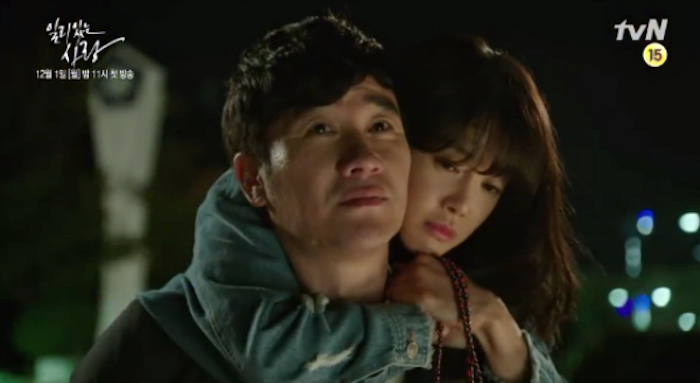
How can nostos be related to romantic love? One way might be stories about love that has faded (like the couples in Go Back Spouses or Valid Love); another might be one about lovers that have been separated, thwarted, and/or forced apart (insert every drama ever written). In stories like this, the longing to be reunited acts as the nostos, and many dramas have leveraged the power of this emotion as a basis for their entire plot. Lastly, let’s not forget the ever-present concept of one’s “first love.” The nostalgia for that person has lingered in many a character’s heart.
But it’s not just romantic love that holds the power of nostalgia. In fact, I think the nostalgia around family is often more poignant. While there are a lot of dramas about parents doing crazy things to protect, save, or get revenge on behalf of their children, the real sense of nostalgia comes with the reverse: a story where the child is looking back on their past. And most of the time when they do this, it’s towards their parents.
With all the time slips and time jumps that K-dramas are famous for, it’s interesting that there aren’t more dramas that play around with this sense of adults looking back into their past. I’m Sorry, I Love You is a drama that did this for me, featuring a hero whose revenge scheme against his birth mother actually masked an unbearable sense of yearning for the mother and childhood he did not have.
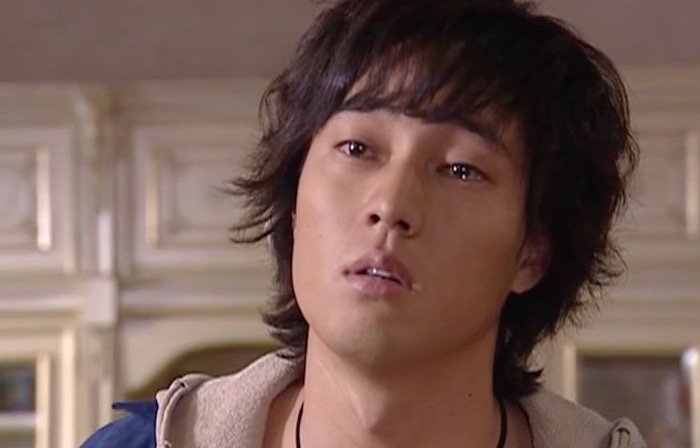
Go Back Spouses was another drama that featured this kind of nostalgia. In the drama, the married couple played by Jang Nara and Sohn Ho-joon return to the year they were college freshmen. While there’s certainly a sense of nostalgia in reliving your heyday (especially when your present circumstances have worn you to shreds), the true nostalgia in this drama was around the heroine’s mother.
Going back in time to re-experience your youth and correct your course is one thing, but going back in time and being reunited with a parent that has passed away is another. I loved that Go Back Spouses was so much about Jang Nara’s character soaking up her mother’s presence… and learning how to let her go when the time came.
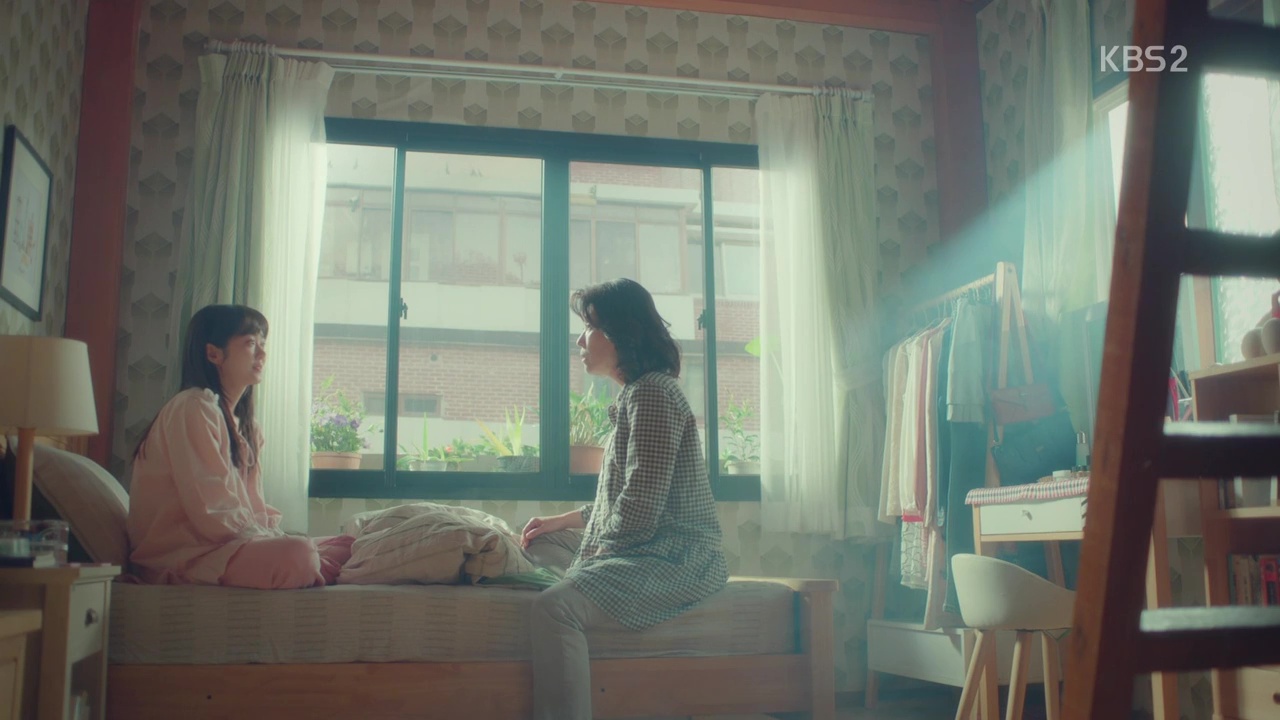
We’ve looked at the ways that dramas use yearning and nostalgia to drive their stories, but what about dramas that work by evoking a sense of nostalgia in the audience? These kinds of dramas — like the Answer Me series, which did it particularly well — are less about the characters’ nostalgia, and more about them eliciting that emotion in you.
In a way, these kinds of stories capitalize on our own nostalgia towards our past, and it’s a big part of how we connect to them. Maybe this is also the reason why high school and/or youth dramas are so well-loved: we’re able (and encouraged) to relive our youth.
The Answer Me series works the same way, but uses its time and setting to do this with even more impact. These stories are carefully set in the past, often in a similar time frame to the viewers they are targeting. So, the audience not only gets to re-experience the emotions of their youth, but reminisce about the music, games, books, technologies, etc. that were popular then.
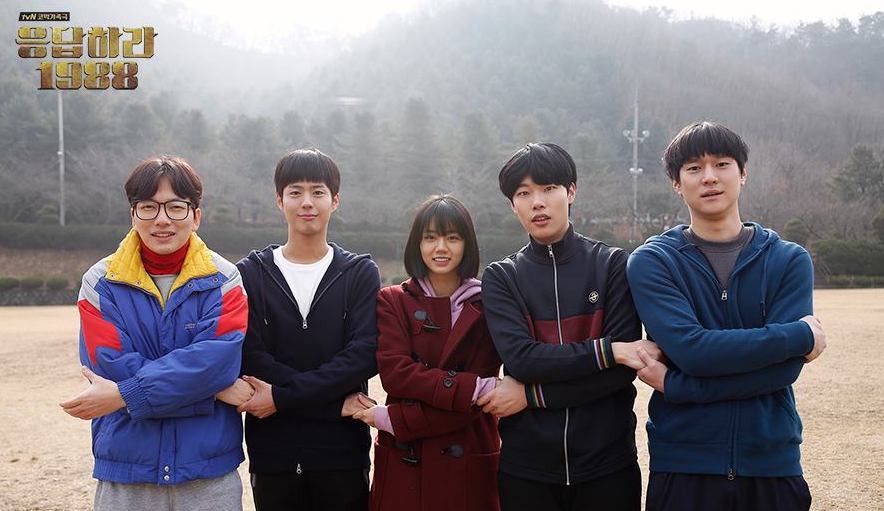
And for one final twist on this idea of nostalgia and dramas, what if watching a drama actually creates your own nostalgia when you look back on it? In other words, watching the drama becomes a part of your past, since it captured you at a certain time and place in your own life story.
Many times for me, a particular drama brings (or maybe drags) me back to certain memories in my life. Like when I watched City Hunter my first few weeks living alone and felt like I had Yoon-sung and Kim Nana (a.k.a Lee Min-ho and Park Min-young) to keep me company, or when I cringed through weeks of lunch hours watching Heirs with a friend in our work cafeteria. Anyone who loves stories and experiences them fully can have this kind of experience, because the stories leave their mark on us.
As we’ve seen, nostos and the concept nostalgia evoke strong emotions. In dramaland, sometimes the nostalgia is expressed within the world of the story, and we experience it vicariously as we watch the story unfold. Other times, a story is created to evoke our own nostalgia for our past. Nostalgia can even be something we create for ourselves unknowingly, as we consume stories and they become a part of us. No matter the method or delivery, the concept of nostalgia is deeply embedded in K-dramas, and one of things that makes them so universal.
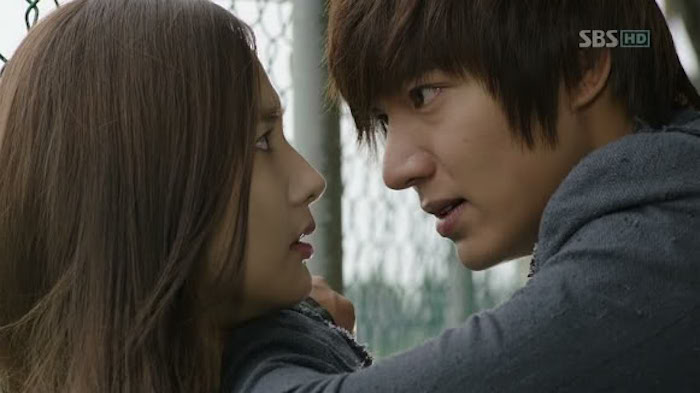
RELATED POSTS
Tags: Answer Me 1988, Answer Me 1994, Answer Me 1997, Boyfriend, City Hunter, editorial, Go Back Spouses, Heirs, I'm Sorry I Love You, Valid Love
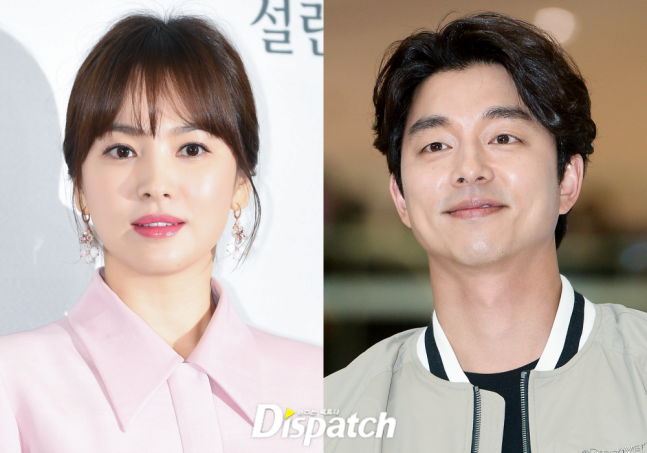
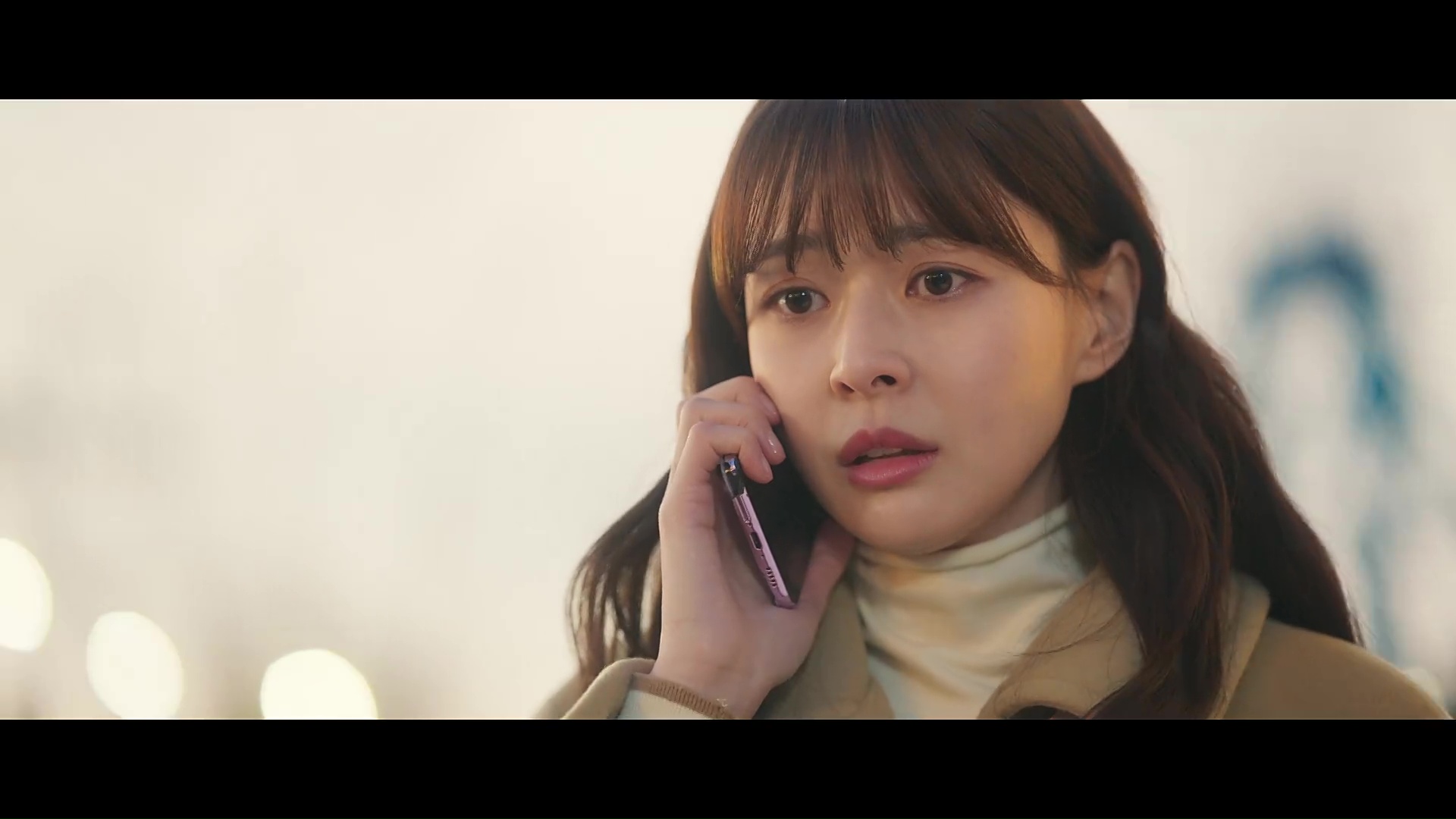
![[K-drama Treasure Hunt] Heart-fluttery bottle opening](http://d263ao8qih4miy.cloudfront.net/wp-content/uploads/2023/05/Kdrama-treasure-hunt.png)
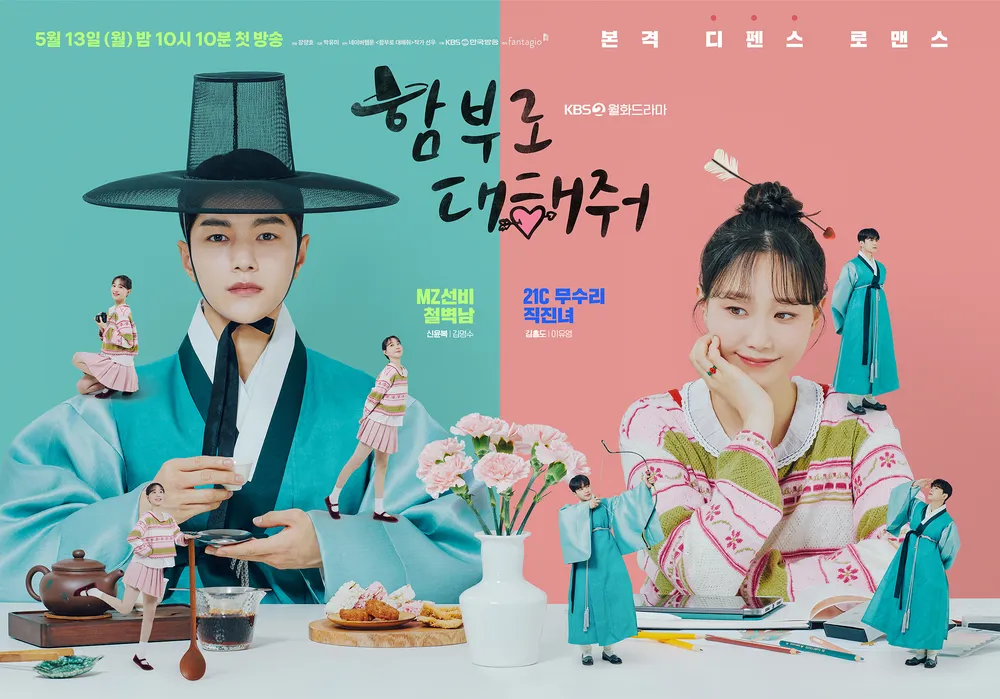
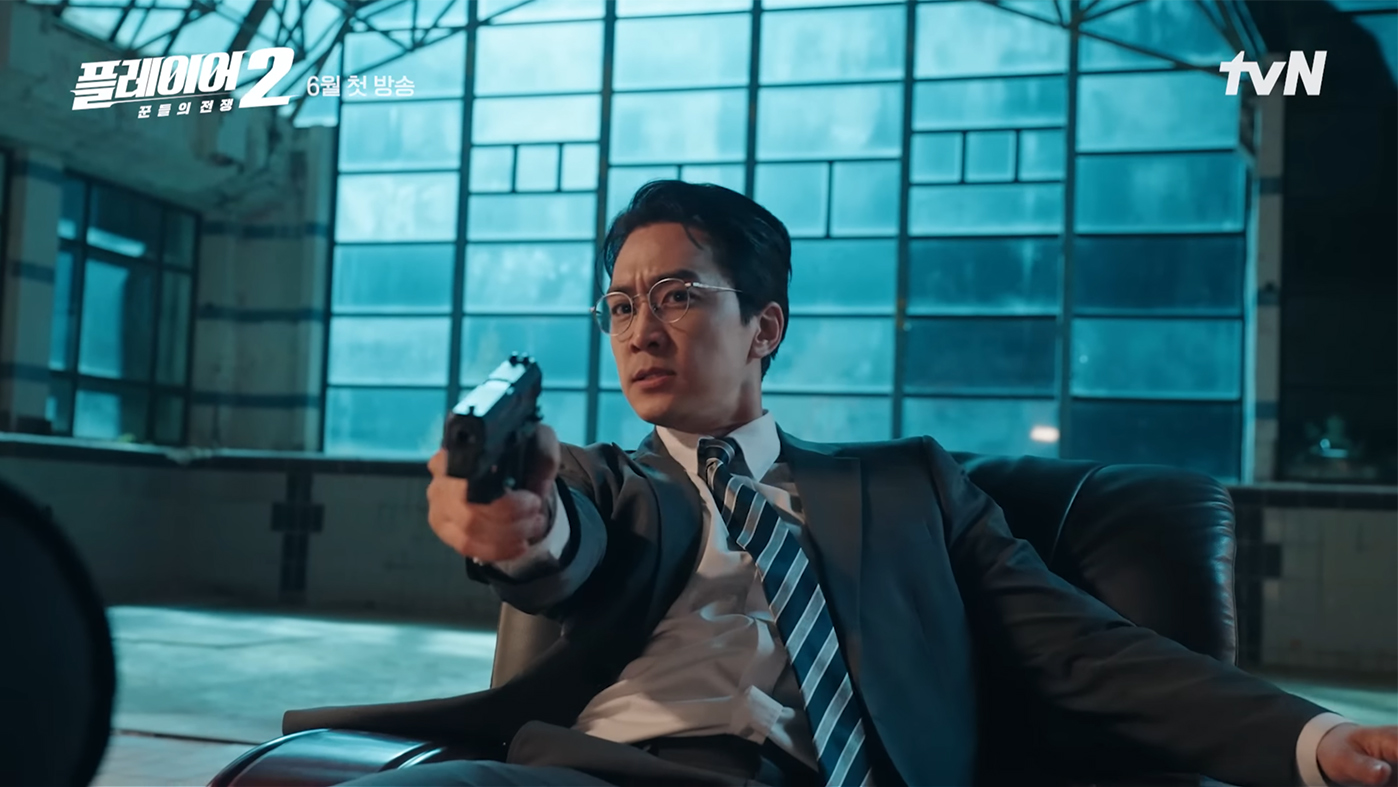
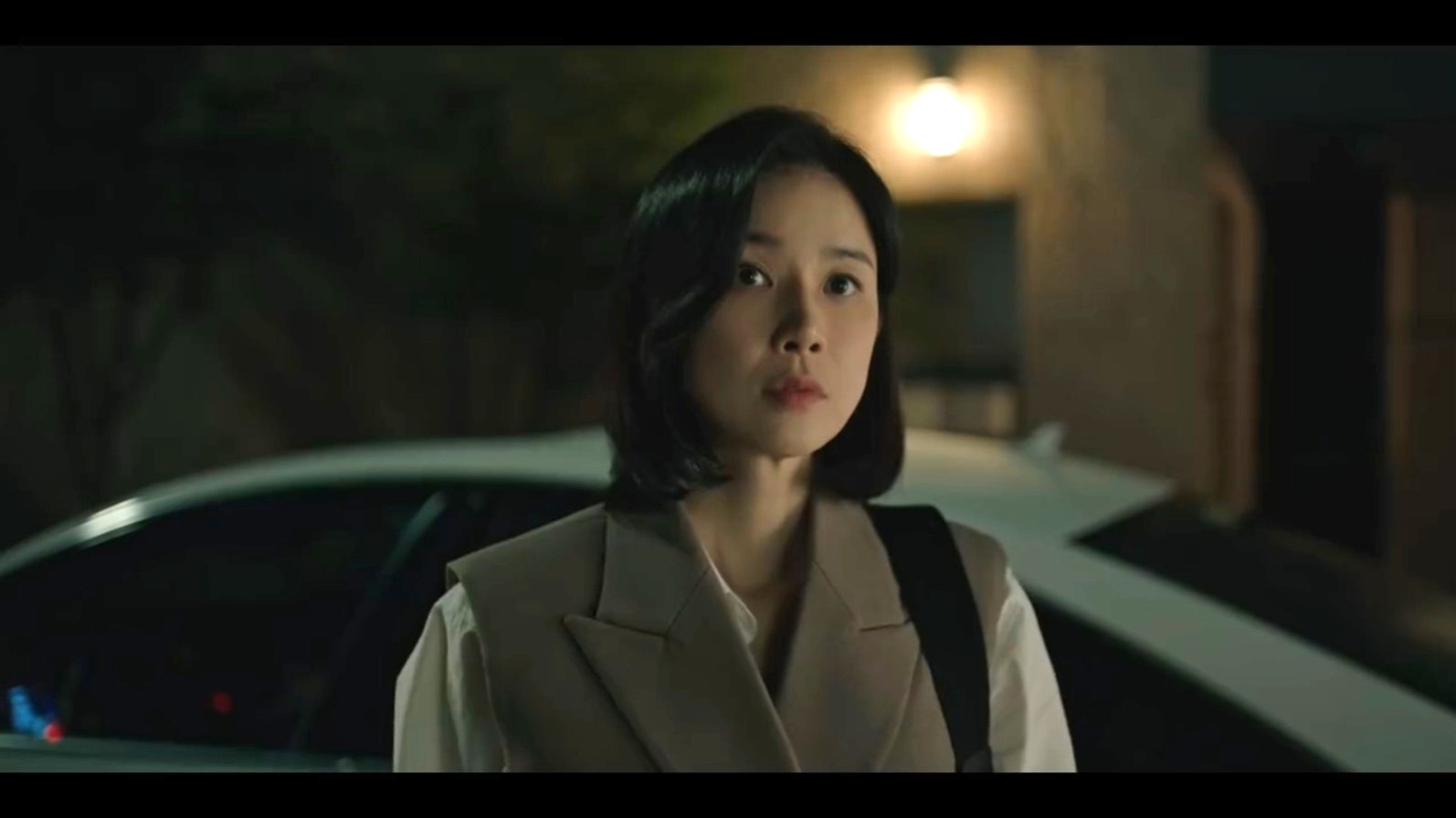
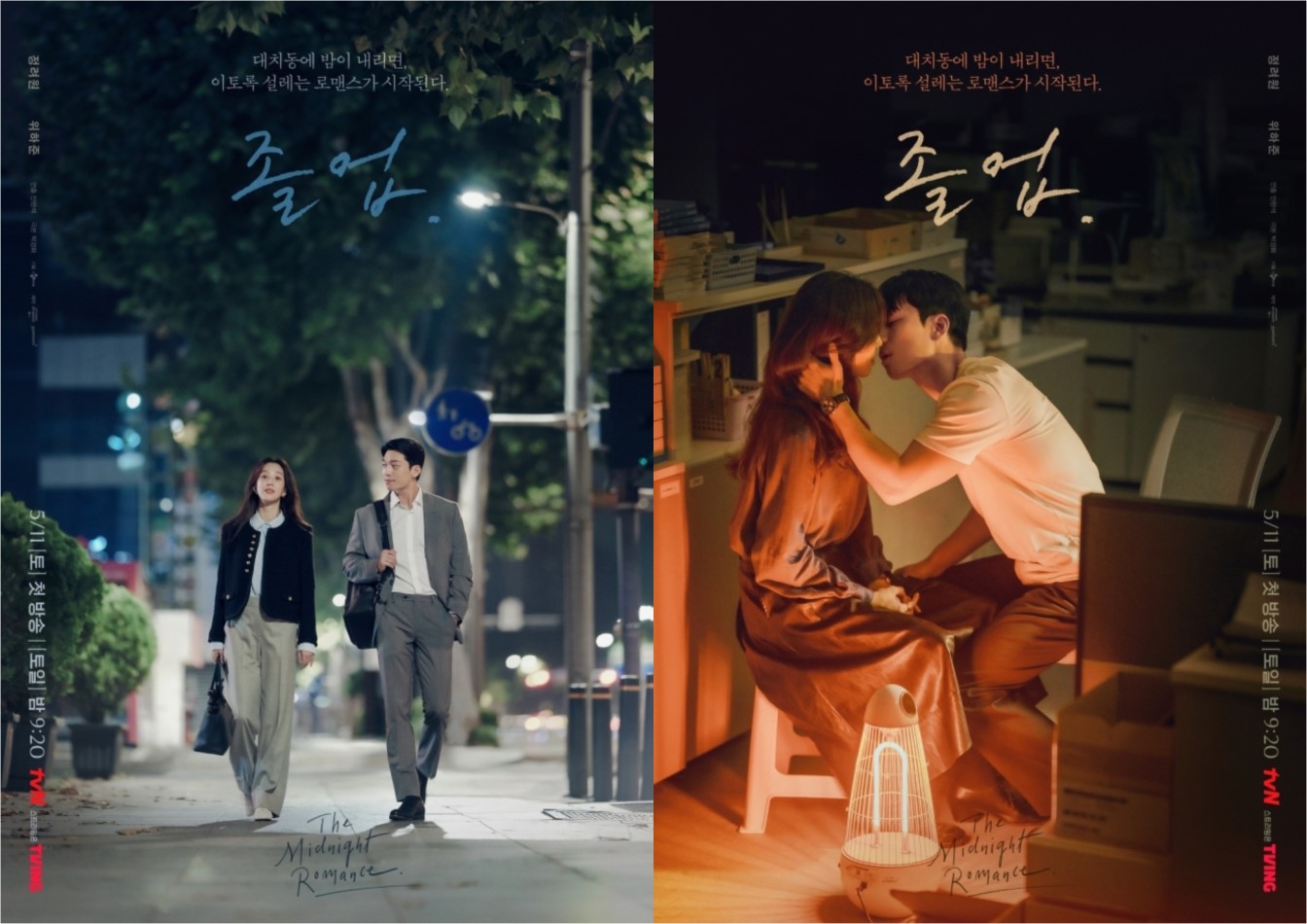
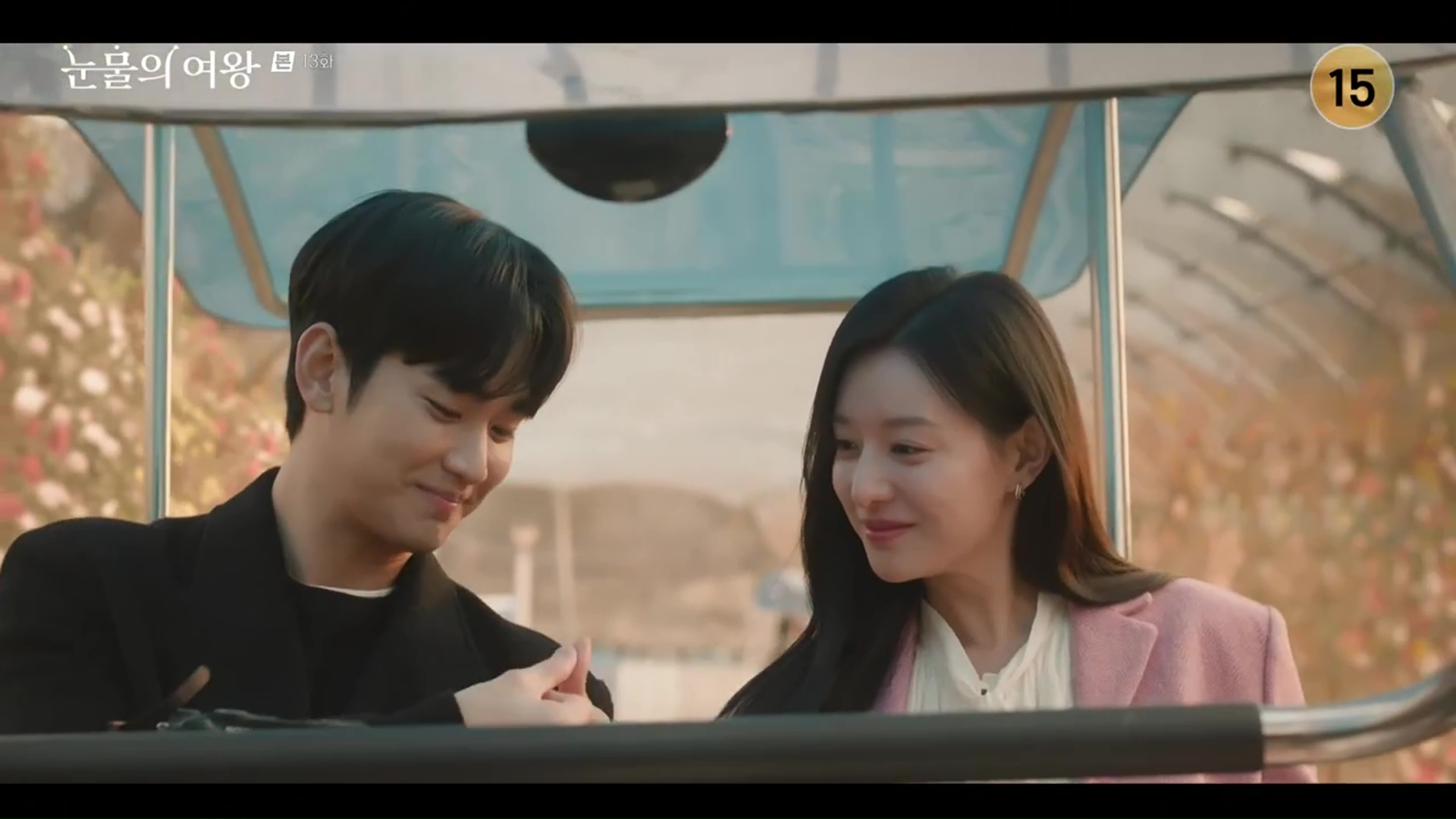
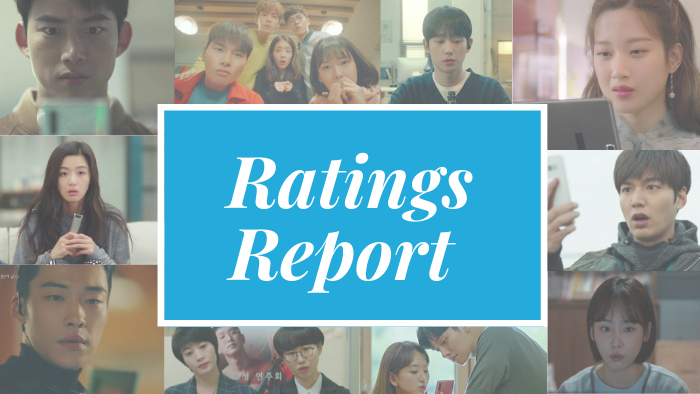
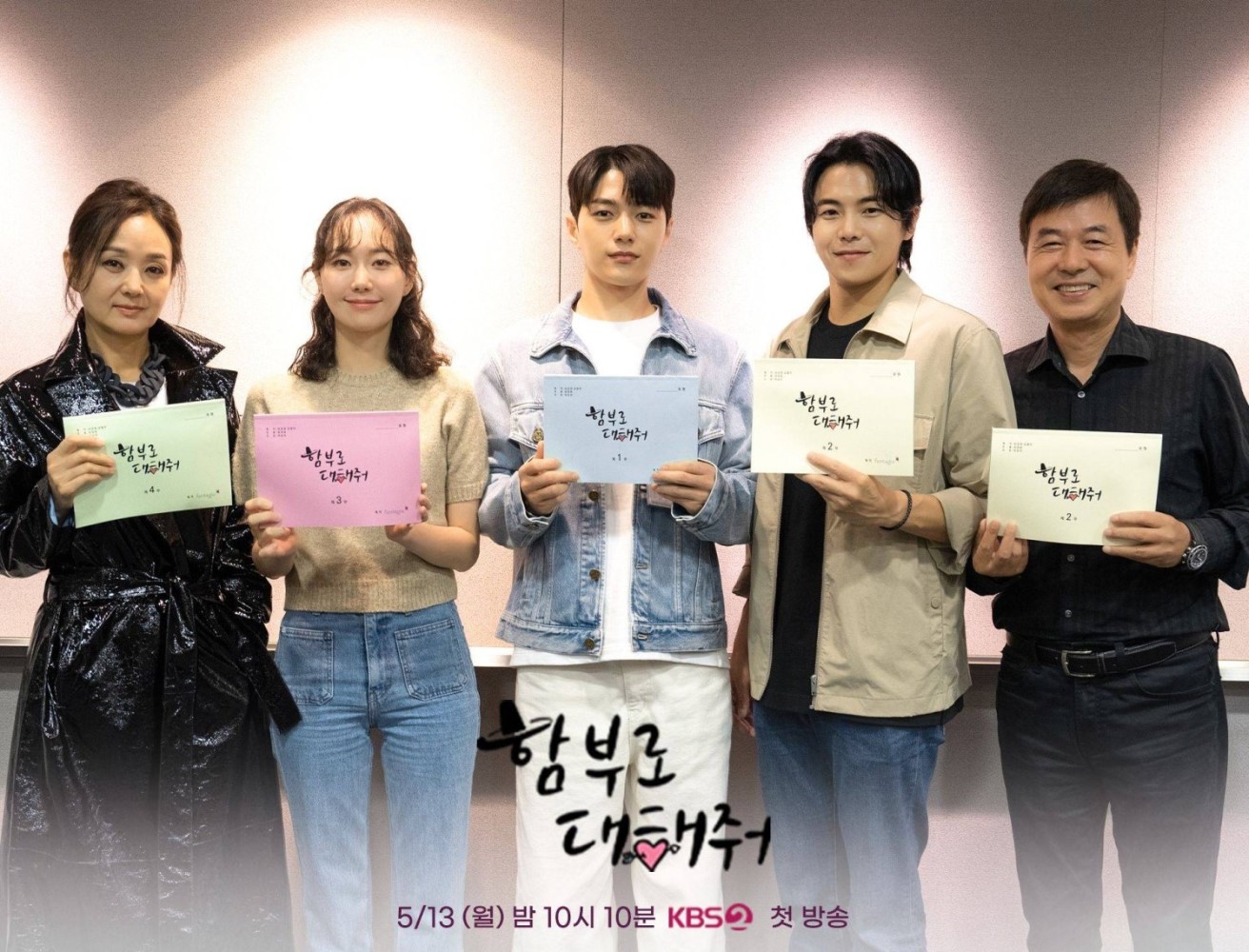
Required fields are marked *
Your email address will not be published. Required fields are marked *
1 JustMe
April 3, 2019 at 6:16 PM
Be right back. I'm gonna go re-re-rewatch Jang Nara's character say goodbye to her mom. (Moms just know the perfect thing to say.)
Required fields are marked *
JustMe
April 3, 2019 at 6:20 PM
On another more serious note, I do quite agree with the dramas themselves giving you nostalgia. Sometimes, the drama can be literally the worse, but you'll remember the feelings it gave while watching it and for that reason it's special.
I remember goblin being my first ever ongoing watch, where I'd go to my friend's house EVERY friday and we'd binge two episodes together. No matter how plotless it became I was so happy sitting there with my friend and discussing our point of view. The hype it had was so amazing too. (Just one example out of many).
Required fields are marked *
Ally
April 3, 2019 at 7:34 PM
Goblin was one of my first live watch dramas too. Actually, my hubby and I binged the first half to catch up. It will always hold a special place in my memory because it’s one of the few dramas we enjoyed together.
Required fields are marked *
JustMe
April 3, 2019 at 8:12 PM
omo! I know it had a special place in your heart but I had no idea it was one of your first live watches.
Required fields are marked *
2 JiaYou
April 3, 2019 at 6:36 PM
The Kdrama OSTs! They bring so much nostalgia to me and brings me back to a certain point in my life when that drama happened. The lyrics didn't matter.
"Perhaps Love" OST of Princess Hours brought me back to the time I fell in love (irl) for the very first time.
Or "I Will Promise You" by A.N. Jell brought me back to my college days where I blast off all of You're Beautiful OSTs in my dorm during lunch breaks.
So many Kdrama OSTs and so many nostalgic memories too :)
Required fields are marked *
Clauie
April 4, 2019 at 1:29 PM
Ican completely relate with you 😅 I always listen to drama ost and then it makes me remember memorable scenes. ☺️
Required fields are marked *
3 ObsessedMuch
April 3, 2019 at 7:09 PM
When I read that this post is gonna be about nostalgia, the first thing that popped up for me was the Answer Me series along with Go Back Couple and a Chinese drama I recently watched called When We Were Young. Basically what I was associating with nostalgia were the shows which took us back to a time gone by, a time which we- the viewers- might not even have personally experienced, but a time which we start longing for because life seemed simpler or maybe just because of the sheer fact that the life is so different from our daily grind. In your words, these are the shows which evoke nostalgia in the viewers.
But thanks @missvictrix for making me remember other connotations of the word. I remember Go Back Couple for a lot of varied reasons, but Jang Nara being adorable and clingy with her mother is one of the major one's. I never saw it as nostalgia but I guess it is! Moreover, it's a nostalgia that makes the viewers want to go talk to their parents more.
Also, how much do I love that last interpretation of nostalgia! Some dramas take me back to what I was doing in life at the time I watched these dramas. So many associations! But most of them remind me of how obsessed I used to be about watching my favourite dramas. I mean waking up early just to watch an episode? Fake exercising in my room so that no one questions my absence from household work/normal routine at 6:30am?
Anyway thank you Missvictrix, this was a lovely read! ❤️
Required fields are marked *
4 blnmom
April 3, 2019 at 9:40 PM
One of the first things that got to me in Reply 1997 was the sound of the dial-up modem. Tamagotchi, recording live shows on the VCR, and floppy drives, those were the good old days.
Required fields are marked *
5 Lu
April 4, 2019 at 12:15 AM
Thank you for writing this piece, it's beautiful ! I think that nostalgia is actually the one emotion that is the best portrayed in Kdramas, for all the reasons you mentioned, whether it's to make you remember about your family, your loved ones from your past, or just a time where you lived. I never thought about the word "nostalgia" to define this feeling, but it encapsulates perfectly the feeling I get when watching Kdramas.
City Hunter is also very special for me: I made my best friend watch it (it was her first KDrama), and we would call each other and discuss about the plot (and Lee Min Ho obviously ^^) after each episode, and then we watched the last 2 episodes together and spent hours discussing it afterwards. So many memories !
Healer was also very special: I was leaving alone, looking for a job, and a bit depressed. And then this drama came along, and it was just amazing, with all the cuteness on screen and the love spread on Dramabeans. Such feels !!! ^^
Required fields are marked *
6 Yashashree Jadhav
April 4, 2019 at 1:08 PM
How a drama does nostalgia right: Answer me 1997
Nostalgia plays such a huge part of our lives. We often fondly remember things from our past and having a drama revisit some of those is wonderful!
As you said the ones that focussed on family nostalgia worked the best!
Girls generation 1979 also had a wonderful feel to it!
Required fields are marked *
7 bbstl 🧹
April 4, 2019 at 7:59 PM
@missvictrix, this is one of your best! I think the nostalgia washing over my kdrama choices is what made me leave most Western viewing behind. You just don't get the same depth of feeling, and kdrama made me quit American tv.
The nostalgia of shows (and their OSTs) in my own life is equally powerful. A flash of an old scene comes up, or a song, and I can smell the summer humidity or see the Christmas decorations as I did while watching that drama. Or, as you say, feel the feelings I felt then including how nothing ever swept me away like kdrama. I'm very nostalgic for those days now, it's a rare show that has the power to pull me out of my orbit like that.
Required fields are marked *